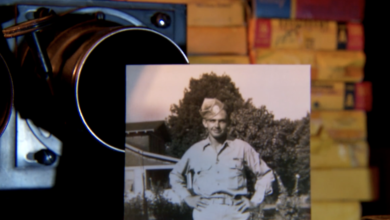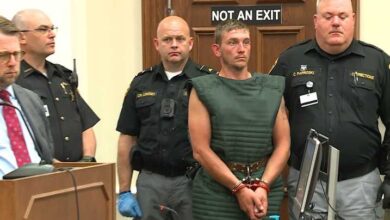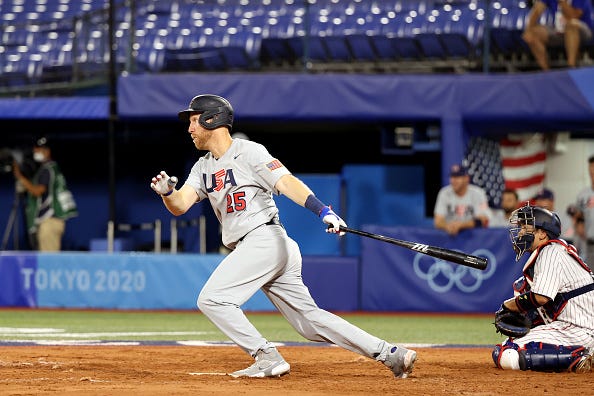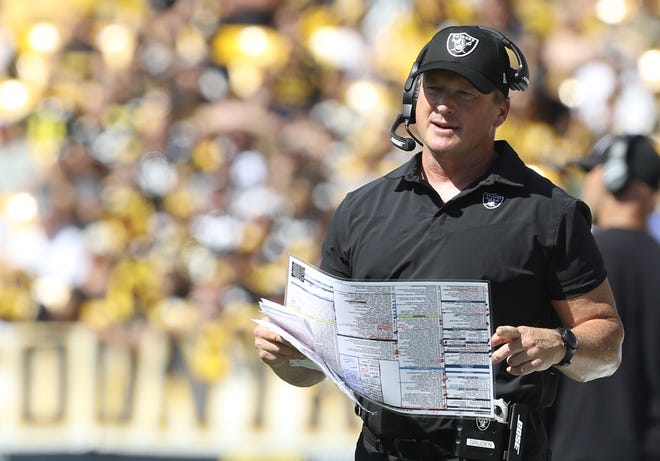
Kyle Rittenhouse's defense attorneys asked for a mistrial Wednesday after prosecutors conceded drone video of the shooting was sent to the defense in a lower quality before it was played for jurors during the trial.
The issue came up after jurors requested to review video evidence as they deliberated for a second day over whether Rittenhouse was guilty of homicide or acted in self-defense in shootings during police brutality protests in 2020 in Kenosha, Wisconsin.
Rittenhouse's lawyer's motion would allow for the case to be retried and is different from a previous motion they requested for a mistrial with prejudice, which would not allow for a new trial.
Defense attorney Corey Chirafisi said the issue of the drone video has to do with fairness and that the lawyers would have argued the case slightly differently had they had the high quality version. Chirafisi said the defense realized they had a lower quality after the evidence closed.
Assistant District Attorney James Kraus disputed he altered the video but said he believes the video was compressed when a detective emailed it. Kraus also said Rittenhouse's defense should have had access to the video days after the shooting when an attorney who previously represented him appeared on Fox News host Tucker Carlson's TV show with the video playing.
Judge Bruce Schroeder did not rule on the new mistrial motion nor had he ruled on the prior one. He said he would allow the jury to review some of the video evidence on a laptop in the meantime.
Rittenhouse, 18, is charged with the first-degree intentional homicide of Anthony Huber, first-degree reckless homicide of Joseph Rosenbaum and attempted first-degree intentional homicide of Gaige Grosskreutz. He also faces two reckless endangerment charges, and the jury can consider some lesser included charges on certain counts.
He would face a mandatory life sentence if convicted of the most serious charge.
The trial pitted two competing narratives of the night of Aug. 25, 2020, against each other. Rittenhouse's defense lawyers said Rittenhouse, 17 at the time, was in Kenosha to help the community after nights of protest and killed two men and wounded another in self-defense. Prosecutors say the teenager was looking for trouble, armed with an AR-15 style rifle, and provoked the attacks, thereby losing any right to self-defense.
The protests were taking place after a white police officer shot Jacob Blake, a Black man, multiple times. Blake survived but was paralyzed from the waist down. The officer was cleared of any state or federal violations.
'Hot spots of division':Rittenhouse case, Arbery death trial reflect deepening political and racial divides
Judge blasts media over stories about no ruling on mistrial
After receiving the initial juror question over viewing video evidence, Schroeder commented on media stories that noted he had not yet ruled on the mistrial motion from the defense.
Rittenhouse's lawyers asked during the trial and again in writing for a mistrial with prejudice, meaning Rittenhouse could not be retired. The request is separate from the one argued Wednesday.
In addition to drone video allegations, the defense said Assistant District Attorney Thomas Binger commented on Rittenhouse's right to remain silent and tried to introduce evidence Schroeder did not allow in the trial.
Binger said his comments merely reflected that Rittenhouse might be able to tailor his testimony to the days of trial he had been hearing and that he thought Schroeder had not issued a final ruling on the evidence he started to bring up.
Schroeder admonished him, yelling at the prosecutor with the jury out of the room but not ruling on the motion.
More on mistrial motion:A jury is weighing the Kyle Rittenhouse case, but a mistrial motion is still pending. What happens now?
Schroeder said Wednesday that he hadn't yet read the motion and only heard partial oral arguments in court.
A story in the Milwaukee Journal Sentinel, part of the USA TODAY Network, included comments from legal experts who called the lack of a ruling "odd."
"The only reason I can think of for waiting is perhaps he wants to give the jury a chance to acquit so he doesn’t have to, but that’s speculation on my part," said Keith Findley, a professor at the University of Wisconsin Law School.
"I’m not sure why the judge has waited to rule," said Michael O'Hear, professor of criminal law at Marquette Law School. "It seems unlikely to me that he would have turned the case over to the jury if he expected to grant the mistrial."
Schroeder also blasted other coverage of him in the trial, including allow Rittenhouse to draw the alternate jurors numbers.
Jury asks for extra copies of instructions; Rittenhouse draws numbers from tumbler
The jury asked no questions of Schroeder during their first day of deliberations Tuesday beyond requests for additional copies of their juror instructions.
Included in those instructions are the legal requirements the prosecution must meet to prove each charge and whether Rittenhouse provoked the shootings as well as the requirements the defense must meet to prove self-defense.
Schroeder briefly raised eyebrows Tuesday when he allowed Rittenhouse to draw numbers from a tumbler to select the six alternates and set the final 12 jurors. The alternates will remain at the courthouse in case they are needed.

More on Schroeder:Kyle Rittenhouse judge has gotten his share of criticism. Can a judge be removed from a case? Not likely.
Schroeder said he has allowed defendants to perform such a move for the last 20 years. While not illegal or unethical, the task is usually reserved for the clerk of courts, said Ion Meyn, an assistant professor at the University of Wisconsin Law School.
The jury consists of five males and seven females and 11 white people and one person of color. The six alternates are an even split of white males and females.
Deliberations ran from around 9:30 a.m. to 5:30 p.m. Tuesday. Schroeder said he would let jurors decide how late they wanted to stay.
How much prison time could Rittenhouse face?
If convicted of first-degree intentional homicide in Huber's death, Rittenhouse would face a mandatory life sentence. The modifier of "use of a dangerous weapon" in the charge carries an additional five years of prison time.
Lesser charges the jury can consider are second-degree intentional homicide and first-degree reckless homicide, which both carry up to 60 years in prison.
The first-degree reckless homicide in Rosenbaum's death carries up to 60 years in prison, plus five additional years for the "use of a dangerous weapon" modifier.
If convicted of attempted first-degree intentional homicide of Grosskreutz, Rittenhouse would face up to 60 years in prison, plus five years for the same weapon modifier.
The lesser charges the jury can consider are attempted second-degree intentional homicide and first-degree reckless endangerment charges, punishable by up to 30 years and up to 12½ years, respectively.
Each count of first-degree recklessly endangering safety, connected to the unidentified man and the Daily Caller reporter, carries up to 12½ years in prison, plus a five-year weapon modifier.
National Guard on standby as Kenosha waits on verdict
In anticipation of the potential for violence after a verdict, Gov. Tony Evers sent about 500 Wisconsin National Guard troops to the Kenosha area to be on standby.
The troops would help the "hundreds of officers from volunteering law enforcement agencies" if they need assistance in case of unrest, according to Evers' office.
Groups of demonstrators were outside the courthouse Tuesday as they waited on word from the jury. Those protesting chanted, "no justice, no peace" and held up signs.

"As of now, we really don’t have a lot of intel suggesting we’re going to have an issue down here," said Sgt. David Wright, spokesperson for the Kenosha County Sheriff's Department. "We’ve been working in contact with our local, state and federal law enforcement partners to ensure the safety of our community."
Wright noted Kenosha County Sheriff David Beth neither declared an emergency nor requested the National Guard.
"I’m sure it will be very nice to have that in place if we do need it," Wright said. "But we’re not anticipating to have any issues down here. Everyone who has been down here has been very cordial and not really showing any signs of aggression or anything like that."
Contributing: Molly Beck and Elliot Hughes, Milwaukee Journal Sentinel; The Associated Press
Source link








